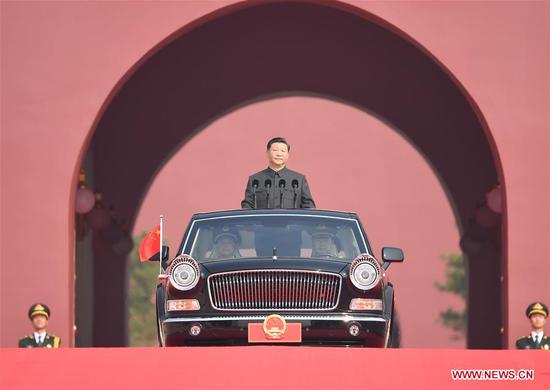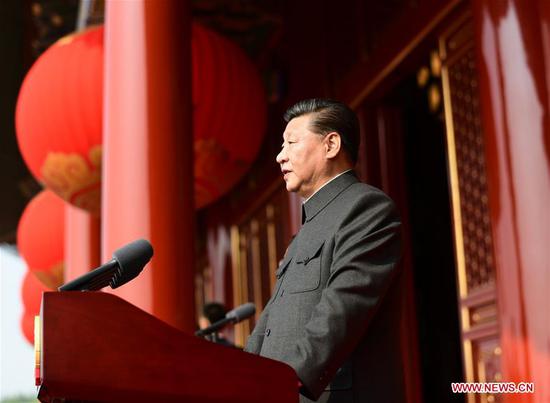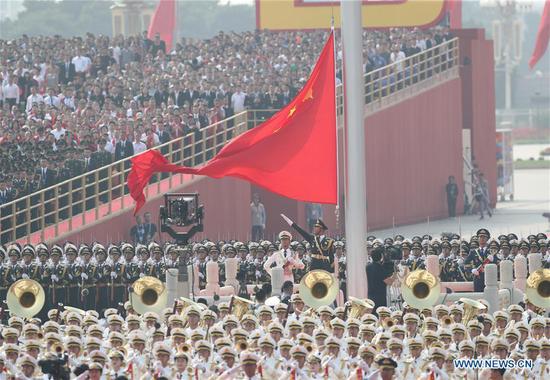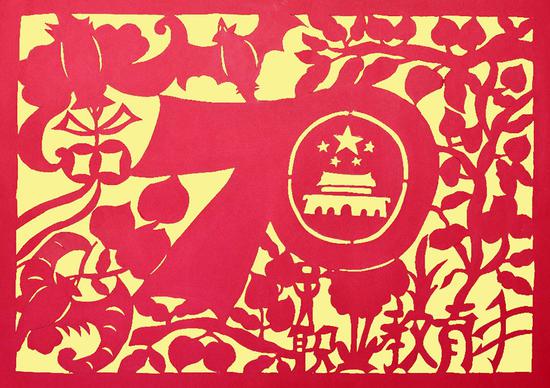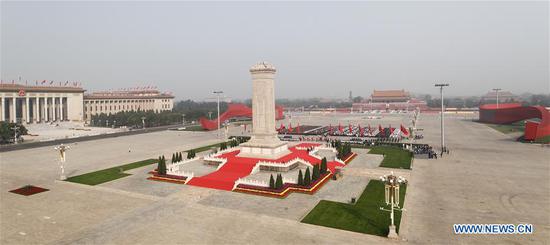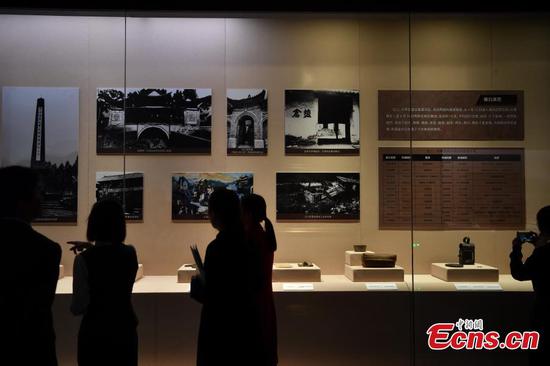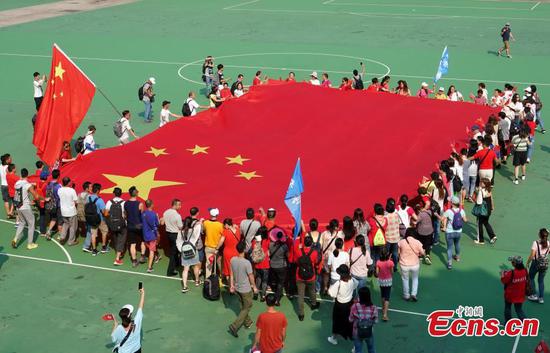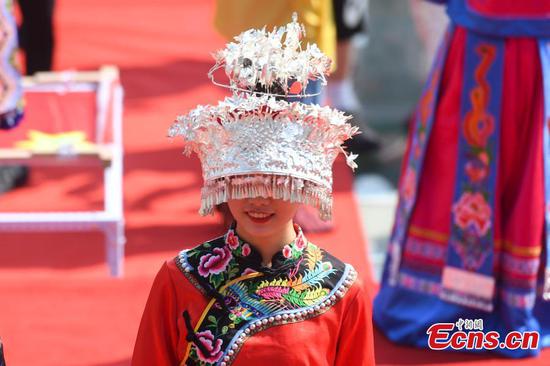
Without filling out and submitting any paperwork, the unique function "will both save time and make it easier to claim funds … and skip in-city and airport tax refund counters", said Danny Chung, general manager of Alipay Korea.
Alipay first ventured into the tax refund business in 2013. Today up to 85 international airports support real-time tax refunds to Alipay accounts.
In a similar vein, WeChat Pay, the mobile wallet of the ubiquitous messenger app WeChat, has partnered with Swiss company Global Blue to offer an instant tax refund service for Chinese tourists departing from Madrid airport. Called We Tax Refund, the service is a real-time refund mini-program, which easily helps to refund users' money back to WeChat wallet. Up to now, it enables users to refund in 85 airports and three harbors in 21 economies.
Users can receive their rebates in yuan, sent to their WeChat wallet account immediately once their tax refund forms are approved. It is not a default WeChat function, but needs to be processed via a WeChat mini-program developed by the parent company, Tencent Holdings.
WeChat is also looking to offer instant refunds in-store overseas as it competes for a larger share of rising Chinese tourist spending overseas. For instance, Global Blue and WeChat Pay have joined forces to offer in-store refunds, which means that Chinese tourists no longer need to line up to get their tax refund forms processed at the airport.
Alipay spares no effort on that front. During the Oct 1 National Holiday, the company rolled out an in-store campaign where additional tax refunds may be worth up to 20 percent of the price tag.
The perks are available in 85 luxury stores across Europe, covering 15 iconic brands in cities such as Paris, Milan, Rome, Barcelona and London that the Chinese normally flock to, according to the company.
"Offering instant tax refunds provides convenience and may prove to be an effective tool in luring tourists to switch from traditional payment methods," said Michael Yeo, an analyst of financial and retail insights at the consultancy IDC.
Alipay and WeChat Pay are jostling for a larger share of the mobile payment segment as the domestic market nears saturation, dominated by the pair. According to market researcher Analysys, the combined duo accounted for around 94 percent of the nation's 47.7 trillion yuan ($6.7 trillion) third-party mobile payment market in the first quarter of this year.
Such proactive strategies are also fueled by the fact that China is the world's most advanced market in terms of mobile payment, and how the country is churning out the biggest source of outbound travelers who have the propensity to spend when they go overseas.
Last year, the Chinese made nearly 150 million outbound visits, a rise of 14.7 percent year-on-year. The country is the world's top outbound tourism market, the China Tourism Academy and online travel agent Ctrip said in a joint report in March.
The affluence of Chinese travelers is what merchants of all types are coveting. Therefore, making familiar digital transaction vehicles available to the group has shifted from "nice to have" to "a must", the report said.
For instance, of the 2,806 Chinese tourists who took part in a study by Nielsen and Alipay last year, 93 percent said they would be likely to increase their spending if mobile payment were more widely accepted.
"China has embraced mobile payments faster than any other country, and will continue to lead the global charge in this regard," said Vishal Bali, managing director of Nielsen China. "Mobile payment is on the rise globally, and will continue to support greater connectivity and efficiency across the commercial ecosystem."
According to the China Outbound Tourism Research Institute, making the payment feature available for a greater number of hotel stays represents a concerted effort by Marriott Group to earn revenue from Chinese overseas travelers, who spent an estimated $261 billion on their trips last year.
The international hotel chain entered into a partnership with Fliggy, Alibaba's online travel agent, and has since rolled out a number of initiatives to pamper Chinese guests, from enhancing Mandarin-language functionalities to specialized VIP member experiences.

















